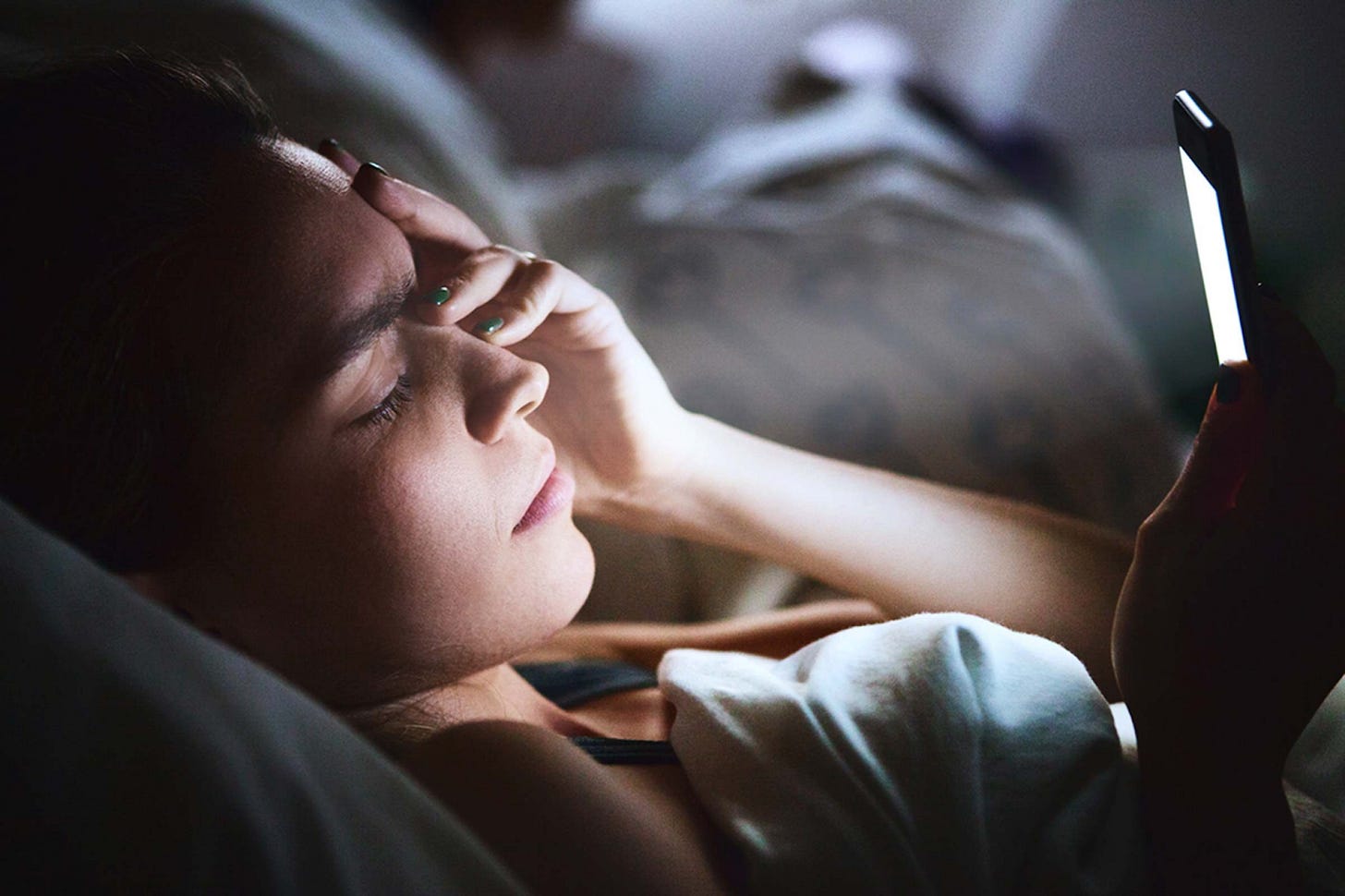An Introduction to Insomnia
Written by Lahari Chebrolu
Introduction
Insomnia is a sleep condition that affects millions of people, during their lifetime. It can be defined as the inability to sleep and is most prevalent in older adults, women, or people experiencing mental health conditions. Insomnia also affects the day-to-day life of a person, from bringing changes to their energy levels or their overall health.
The two types of insomnia include short-term and chronic. Short-term insomnia is temporary and only affects a person for a few days or weeks, caused by a stressful event. Chronic insomnia affects a person for more than three months, usually caused by other medical conditions.
Causes
One of the main causes of insomnia is stress, whether it be during work and school, or problems related to finances and family. Another main cause is sleep habits that affect your body negatively, such as watching electronics before going to bed or not having a proper sleep schedule. Other causes of insomnia also include mental health conditions, medications, and consuming caffeine, alcohol, or nicotine.
Prevention
Changes that can be made to prevent insomnia include setting a proper sleep schedule or staying active. Decreasing the consumption of caffeine, alcohol, or nicotine is also beneficial in several ways. A comfortable sleeping place and habits such as reading a book before bed are also solutions.
Overall, insomnia is a sleep condition that can affect anyone, due to stressful events or poor sleep habits. But, small changes to your day-to-day life can help prevent this issue, significantly.
References
https://www.mayoclinic.org/diseases-conditions/insomnia/symptoms-causes/syc-20355167
https://stanfordhealthcare.org/medical-conditions/sleep/insomnia/causes/who-is-at-risk.html


